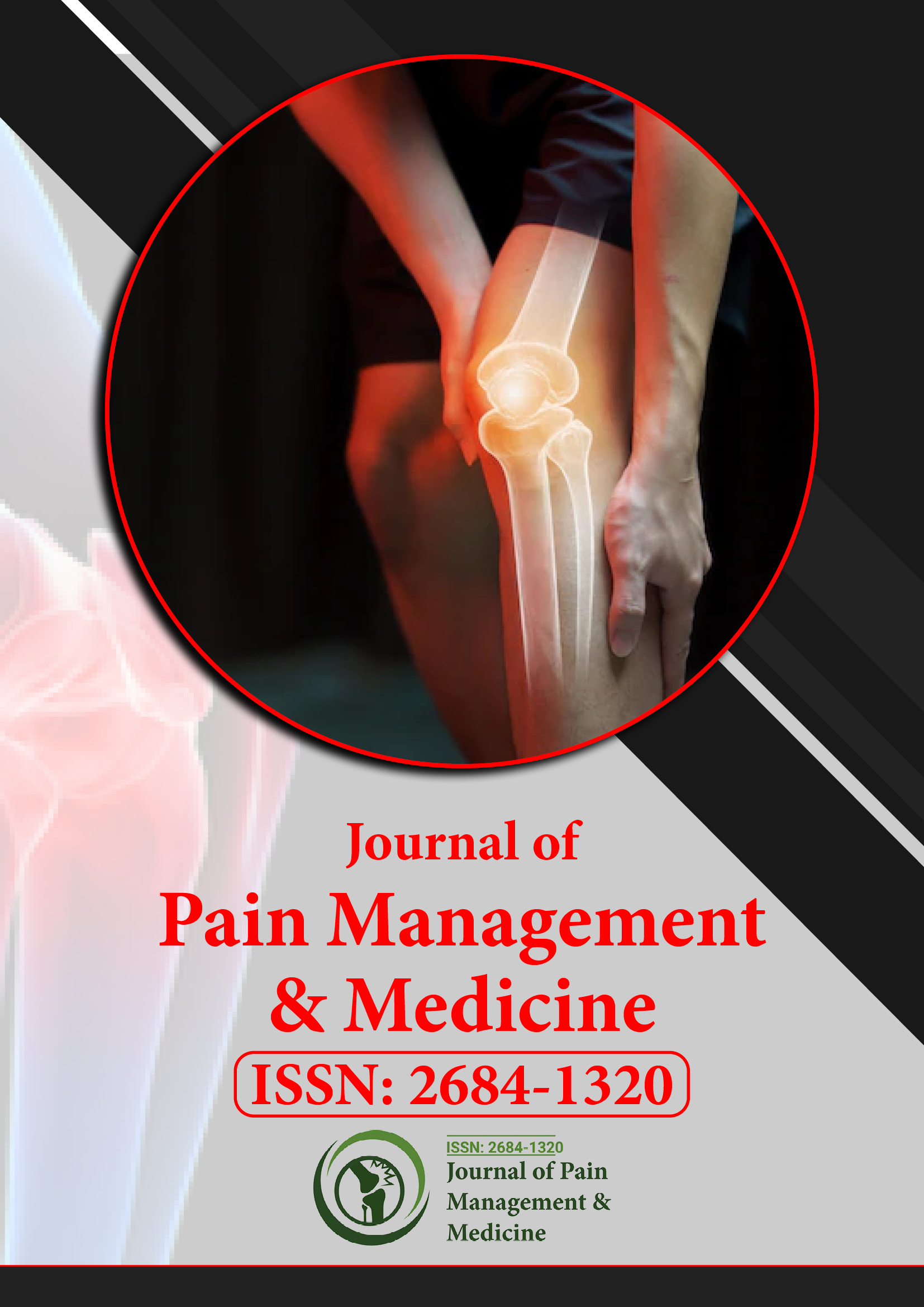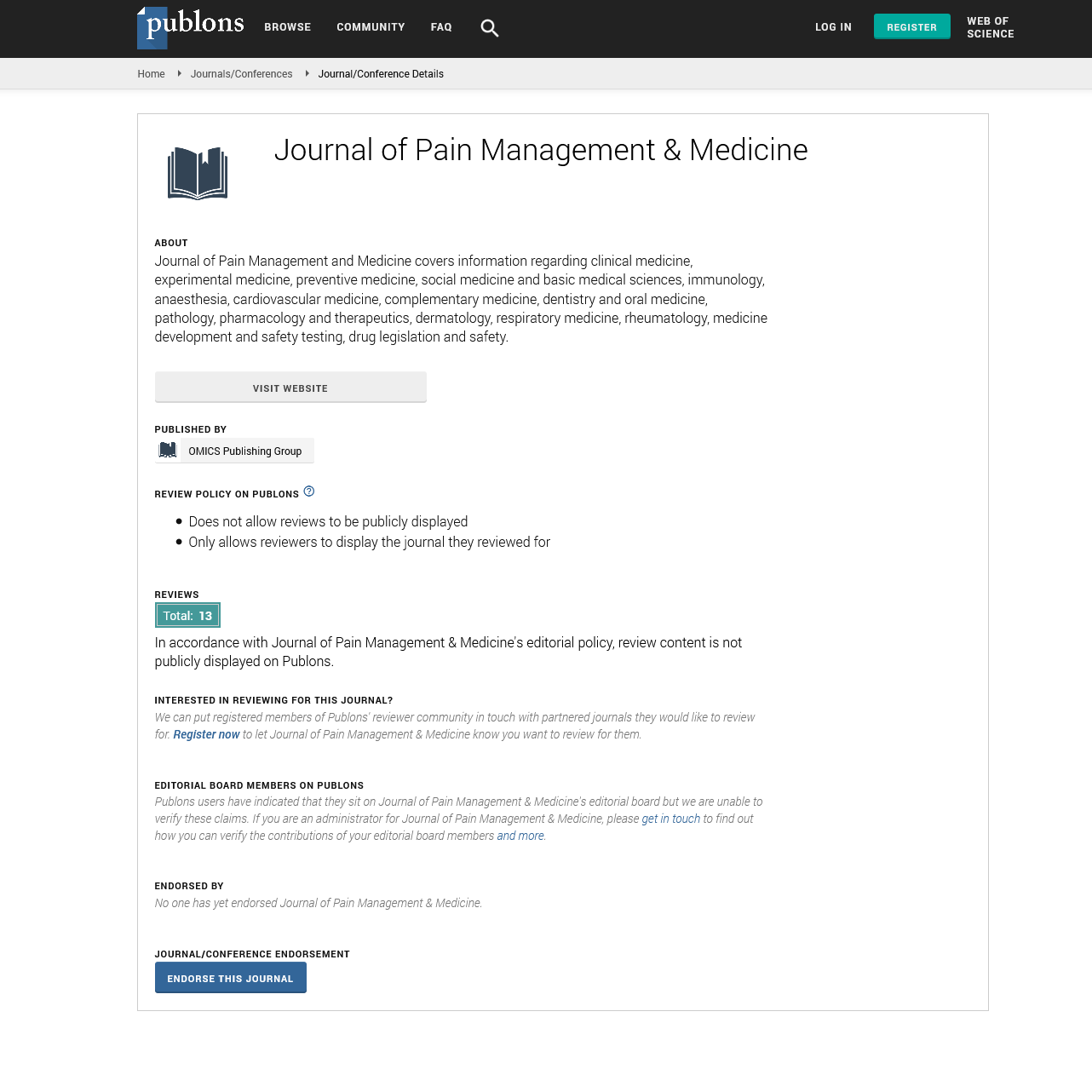Indexed In
- RefSeek
- Hamdard University
- EBSCO A-Z
- Publons
- Euro Pub
- Google Scholar
- Quality Open Access Market
Useful Links
Share This Page
Journal Flyer

Open Access Journals
- Agri and Aquaculture
- Biochemistry
- Bioinformatics & Systems Biology
- Business & Management
- Chemistry
- Clinical Sciences
- Engineering
- Food & Nutrition
- General Science
- Genetics & Molecular Biology
- Immunology & Microbiology
- Medical Sciences
- Neuroscience & Psychology
- Nursing & Health Care
- Pharmaceutical Sciences
Abstract
Deaths in Four Opioid Categories among the Older Population during the COVID-19 Pandemic in Florida
Armiel Suriaga*, Ruth M. Tappen and Debra Hain
Background: Opioid overdose deaths remain a global health problem. Over half a million died from drug use, and 70% were attributable to opioids. The problem is more severe in the United States, where opioid overdose deaths had a 44.18% increase from 47,600 deaths in 2017 to 68,630 deaths in 2020 alone. While public attention is focused on younger adults, the consistent increase in opioid overdose deaths in the older population warrants careful attention.
Objective: Our study aims to report the descriptive results of older adults who died from four opioid categories during the COVID-19 pandemic in Florida.
Methods: We conducted a retrospective study of older decedents or people ≥65 years who died from opioids during the COVID-19 pandemic 2020.
Results: Three hundred forty-eight older adults died from opioids as a cause of death in Florida in 2020. Eighty percent of these deaths resulted from accidents, and suicides accounted for 18.15%. Among those who died from accidents, one hundred percent were due to opioid intoxication. More older men died from accidents than older women, while more older women died from suicides than older men; over 160 cases of opioid deaths involved benzodiazepines, followed by cocaine with 104 cases, ethanol-81 cases, and psycho-stimulants with 47 cases.
Conclusion: Our study results provide critical evidence of the adverse outcome of opioid use and overdoses among older adults. The co-presence of other substances in Opioid Overdose Deaths (OOD) suggests unsafe illicit drug use, even in old age. Opioid deaths resulting from accidents and suicides underscore the need for sustainable harm reduction strategies tailored to the needs of this vulnerable age group.
Published Date: 2023-10-05; Received Date: 2023-09-02

